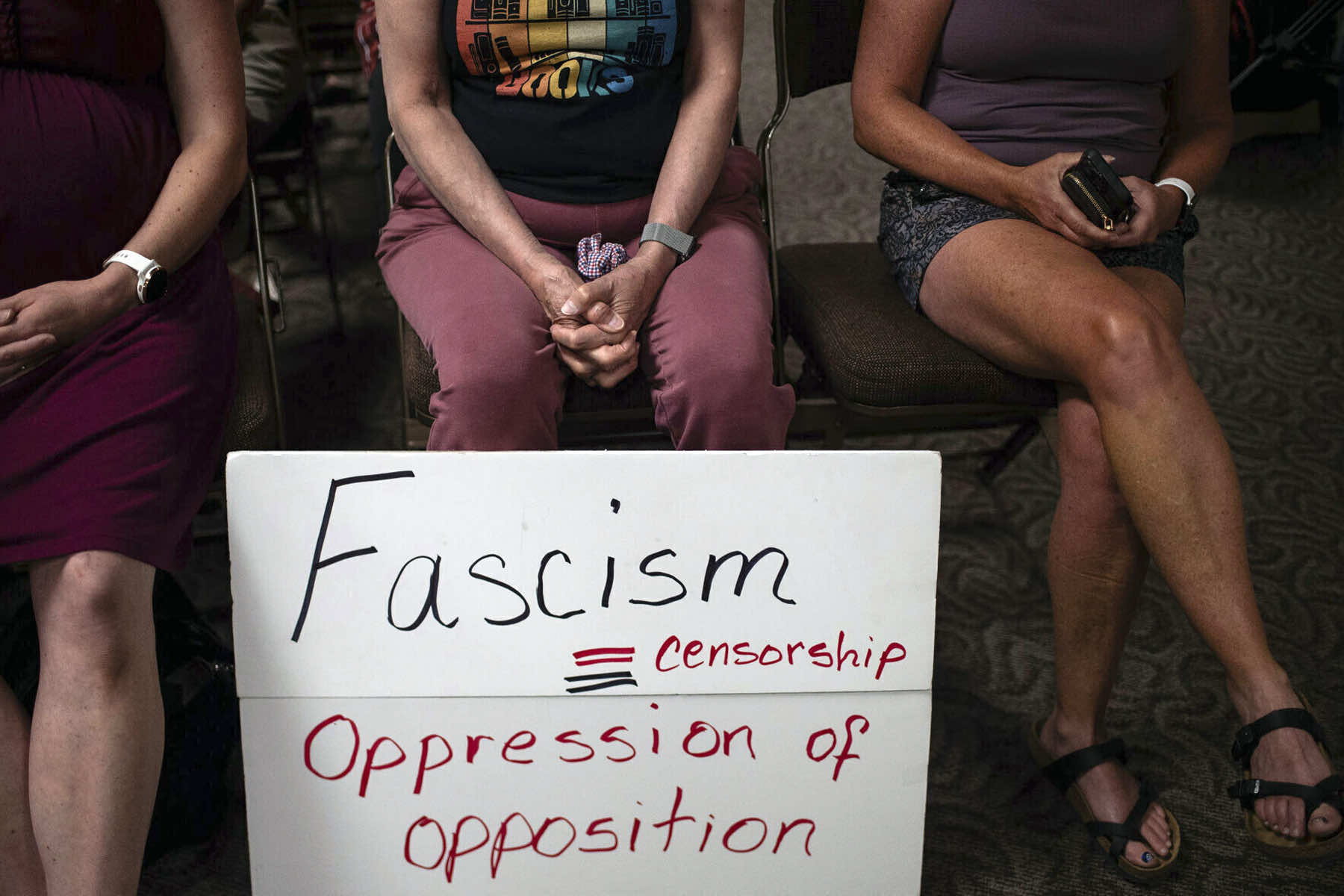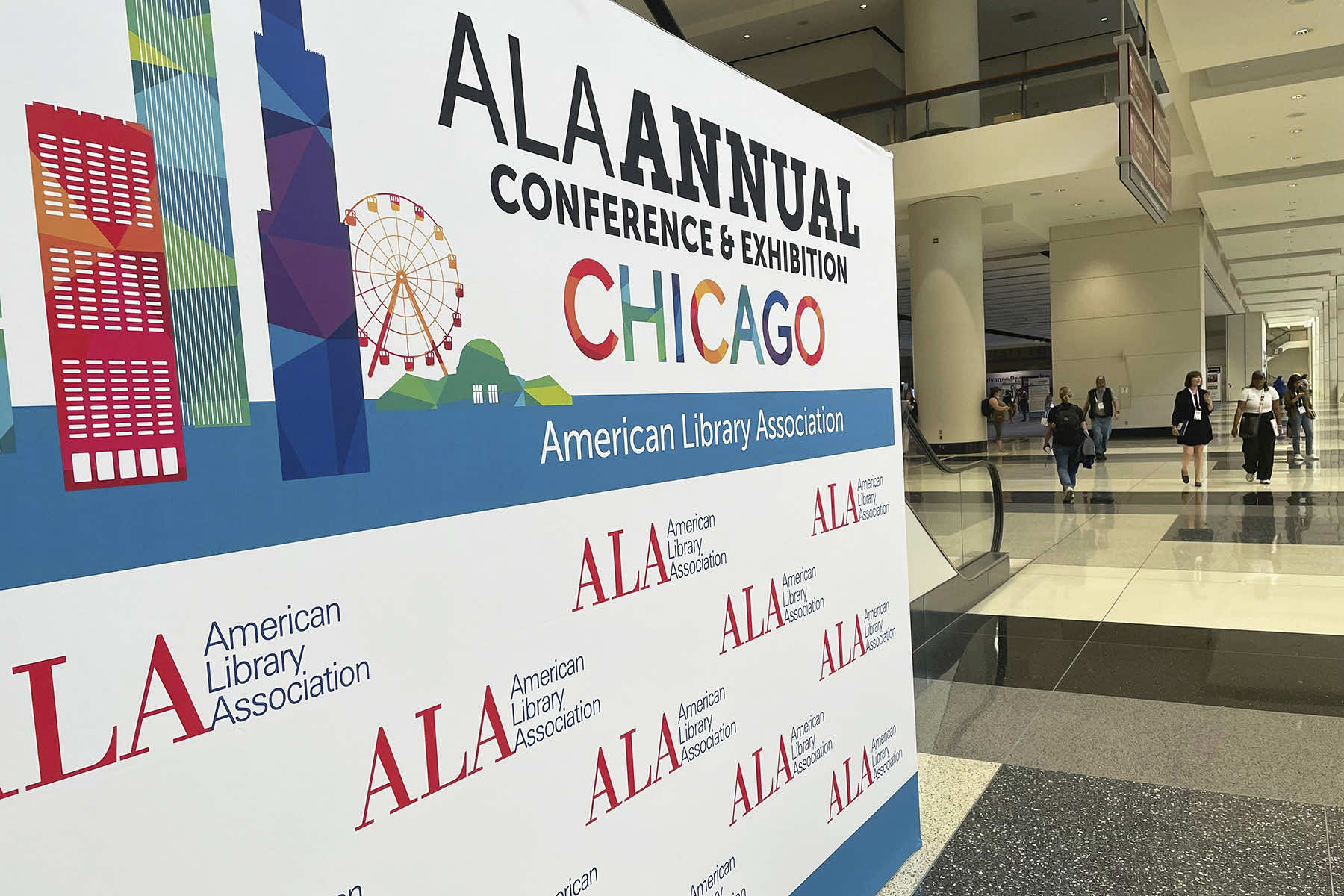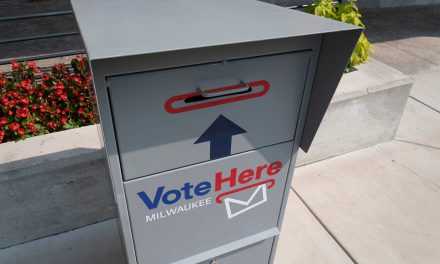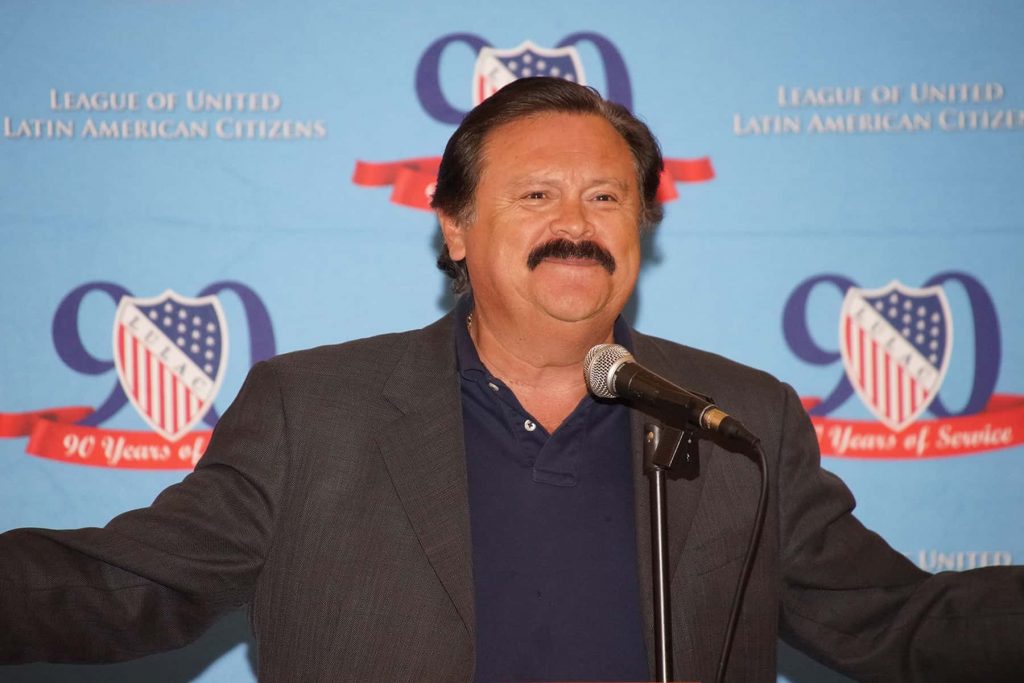
After parents in a rural and staunchly conservative Wyoming county joined nationwide pressure on librarians to pull books they considered harmful to youngsters. The local library board obliged with new policies making such books a higher priority for removal, and keeping out of collections.
But that is not all the library board has done. Campbell County also withdrew from the American Library Association, in what’s become a movement against the professional organization that has fought against book bans.
This summer, the state libraries in Montana, Missouri, and Texas and the local library in Midland, Texas, announced they’re leaving the ALA, with possibly more to come. Right-wing lawmakers in at least nine other states — Arizona, Georgia, Illinois, Louisiana, Mississippi, Pennsylvania, South Carolina, South Dakota, and Wyoming — demand similar action.
Part of the reason is the association’s defense of disputed books, many of which have LGBTQ+ and racial themes. A tweet by ALA President Emily Drabinski last year in which she called herself a “Marxist lesbian” also has drawn criticism and led to the Montana and Texas state library departures.
“This is the problem with the American Library Association, it has changed from an organization that helped communities and used common sense into one that just promotes a view,” said Dan Kleinman, a blogger and longtime ALA critic.
Widely disputed books over the past couple years include Maia Kobabe’s graphic memoir “Gender Queer,” Juno Dawson’s “This Book Is Gay,” and Toni Morrison’s “The Bluest Eye,” the ALA points out.
In northeastern Wyoming’s Campbell County, a coal-mining area where former President Donald Trump got 87% of the vote in 2020, library board meetings have been packed and often heated for over two years now.
After a local outcry over a drag queen story hour and an unsuccessful attempt to prosecute library officials over books in the library’s children’s section, a library board with several new members appointed by the County Commission withdrew from the ALA last year.
“We were the first library in nation to do this. And now it has progressed to something to something I couldn’t even have imagined,” library board member Charles Butler said. “And all we were ever worried about was the sexualization of children.”
The nonprofit American Library Association denies having a political agenda, saying it has always been nonpartisan.
“This effort to change what libraries are, or even just take libraries away from communities, I think, is part of a larger effort to diminish the public good, to take away those information resources from individuals and really limit their opportunity to have the kinds of resources that a community hub, like a public library, provides,” said Deborah Caldwell-Stone, director of the American Library Association’s Office of Intellectual Freedom.
The ALA won’t say how many libraries are members of the group but denied any “mass exodus.”
The troubles come as individual membership in the ALA is down 14% since 2018 to about 49,700, the lowest since 1989, according to figures on the organization’s website. The ALA attributes the decline to suspended library conferences during the pandemic.
While librarians pride themselves about being open to different perspectives and providing access to different kinds of materials, political leaders telling them to part with the ALA runs against that, said Washington University in St. Louis law professor Gregory Magarian.
Magarian has been following Missouri’s departure from the ALA amid a debate over who may take part in local library “story hours” and new state rules that seek to limit youth access to certain books deemed inappropriate for their age.
“When you see state governments kind of replacing that type of control by librarians with greater control by politically motivated, politically ambitious, politically polarized government officials, I think that’s really troubling for the prospects for free access to ideas,” Magarian said.
In Campbell County, recent library policy changes remove the ALA’s “Library Bill of Rights,” which states: “A person’s right to use a library should not be denied or abridged because of origin, age, background, or views.”
The new policy says the library system takes seriously keeping “obscene sexually explicit or graphic materials” out of youth sections and can apply that priority in the routine “weeding” of damaged, unused and out-of-date books.
When library Director Terri Lesley expressed doubts about doing that, the board asked her to resign. After she refused, the board voted 4-1 to fire her.
“If we just start moving books, it is really putting the library staff in a bad position legally,” Lesley said at a library board meeting just before her firing July 28. “This raises First Amendment concerns with no right to appeal or challenge books that have been weeded.”
She singled out MassResistance, an anti-LGBTQ+ group, and Liberty Counsel, a conservative legal advocacy group, for working together on the library policy changes, a claim supported by a July 19 post on the MassResistance website.
Lesley won an ALA award last year for “notable contributions to intellectual freedom” and “personal courage in defense of freedom of expression.” She did not return a message seeking comment and Butler and ALA officials declined to comment on her firing.
“People should be running their own libraries based on common sense, community standards and the law,” said Kleinman, the ALA critic and blogger. “And if library directors don’t want to go along with that? Goodbye.”
Kleinman last month launched an alternative to the ALA, the World Library Association, which he said will offer new policy guidelines for libraries.
“We’re going to return things to commonplace, community standards,” Kleinman said.
Butler and Campbell County Library Board Chairwoman Sage Bear, who did not return phone and email messages seeking comment, have joined as “team members” of the World Library Association. Butler said he hoped the new association will eventually offer librarian continuing education that Campbell County can no longer provide through the ALA.
So far, state library associations — private, professional organizations that resemble the American Library Association, but on a state level — are sticking with the American Library Association. Wyoming librarians don’t always see eye-to-eye with the ALA but the Wyoming Library Association has no plans to cut ties, President Conrrado Saldivar said.
Wyoming librarians are being “constantly critiqued” but they — not the ALA — are the ones who control their collections based on community needs, Saldivar added.
“ALA is not telling our library workers, our collection development librarians, you have to have this book in your library collection,” Saldivar said.
Republican Gov. Mark Gordon looks to be on the same page, criticizing as a “media stunt” a recent letter from 13 state lawmakers and Wyoming’s secretary of state asking him to pull the Wyoming State Library from the ALA.
“The letter implies that Wyoming citizens — Wyoming parents — are not capable of deciding how best to govern themselves and need the self-appointed morality police to show them the way,” Gordon said in a statement.
He called for discussion about the ALA’s “organizational drift” but is keeping the Wyoming State Library in the ALA, at least for now. Whether still more states and communities decide to leave remains to be seen amid what Caldwell-Stone described as a new push to question the group’s very existence.
“We have to question whose agenda is served by taking away library service from the people and taking away the liberty to make ones own choices about one’s own reading,” she said. “Because that’s what we’re here for.”















